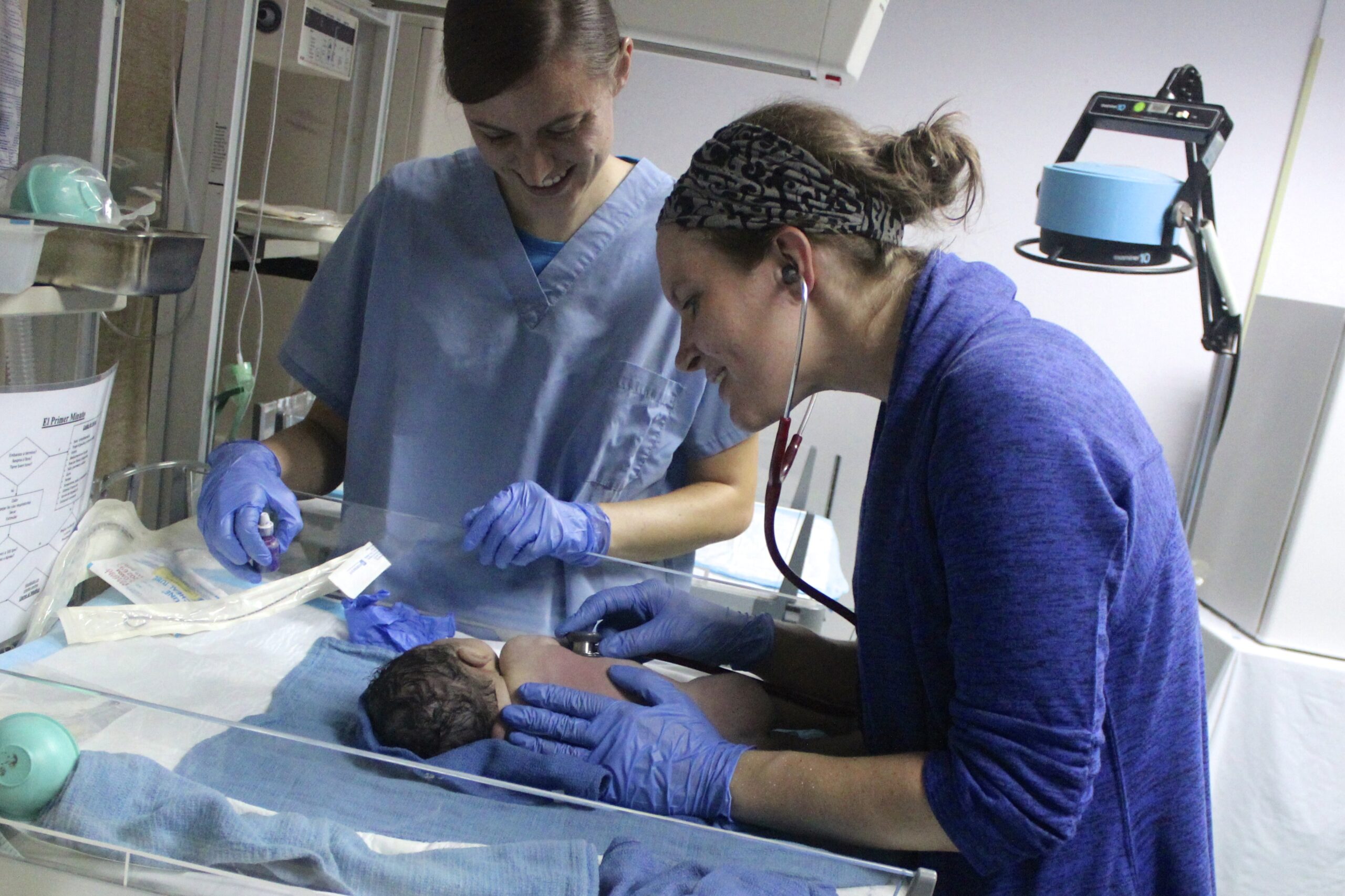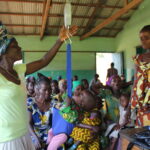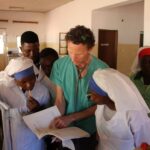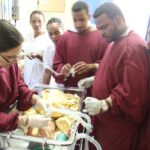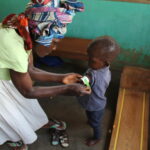Medical Missionary Attrition Has not Been Well Studied
One big challenge in assessing why medical missionaries leave the field is there has not been a lot of data collected that looks specifically at medical missionary attrition. This is because there are few mission organizations that recognize or understand the need for healthcare professionals to be prepared, supported, and cared for differently. If medical missionaries are lumped in with church planters, bible college teachers, and bible translators it is hard to see if they have different issues driving them to leave the field. You can read more about this in another recent post.
For example, not long ago I interviewed a single female physician that left the field at 2 years. She reported that because she was the lone single person on the mission station, she ended up carrying a much greater load. Since she did not have a family to go home to and set boundaries around, she was expected to take more call and work longer hours. This eventually resulted in her departure from the field.
I also recently spoke with a pediatrician that left the field after a year because they could not cope with the vast amount of child death they saw while serving in a rural African bush hospital. He lost 150 children in his first year. That is not your typical missionary problem of not getting along with other missionaries. That is a situation that causes post-traumatic stress and life life-long wounds in the provider.
Why Some Wash Out Early
Over the years one of the things that have been most concerning to me is the number of medical missionaries that wash out in their first few years. We know attrition rates are higher in medical missions but when there is a failure to launch, meaning they came home in the first few years, we need to look at these closely. As an organization, CHSC has not really encountered this, but I have seen it in my contact with mission stations around the world. This is something I study when I learn about these situations. Primarily because I think we can use these situations to help us better prepare and support families on the field. I think it is important to avoid placing them in situations they are likely to fail. We need to ask what causes such failures. Was it poor preparation? Poor site selection? Poor on-field support? Lack of support? Or a combination of all these things?
Unaccounted for Variables
Although medical missionary attrition has not been well studied, we do know it is higher than in other forms of missions. Missionary attrition studies in the broader mission community include placements in both fully developed countries and developing countries. Whereas medical missions focus primarily on placements in developing countries, it is unclear if this is one possible contributing factor.
What is clear to us in the medical mission world is that higher attrition is likely a result of the unique challenges encountered in global health missions. There is likely no single cause of higher attrition for medical missionaries. It is almost always a combination of cumulative vicarious trauma, practicing with extremely limited resources, and with too few staff causing everyone to be overworked. Most medical missionaries see huge numbers of children and young mothers die from the diseases of poverty, and many are a direct result of providing care in the context of a resource-poor healthcare system. Many deaths result in patients who could easily be saved if they were not working with such limited resources. Dealing with death from the diseases of poverty is incredibly challenging and represents one of the most difficult challenges for medical missionaries. Relational stress between missionaries is still a factor in medical missionaries but my guess it is much farther down the list of reasons for leaving the field in medical missions.
There is, however, another possible variable contributing to higher attrition in medical missions that will be hard to assess. It stems from another way medical missionaries are different. Simply stated, it is easier for a licensed professional to leave the mission field and return home when things get really hard. It is hard to determine if this affects one’s tolerance for staying through. Although, it should be said “hard” for medical missionaries often looks very different than other forms of missions. Example: High child and maternal mortality, tribal conflict, terrorism, Ebola, emotional trauma, and PTSD.
Most missionaries faced with leaving the field have to go home and begin a job search to re-enter the workforce. They could come home and search for months without finding gainful employment, especially in ministry. The transition home and back into the workforce is a difficult and challenging path so staying on the field even when things get really tough will likely remain a viable option.
Not usually the case with medical missionaries. A missionary doctor always has the option when things get too challenging, or they just can’t take it anymore, to return home to a strong six-figure suburban lifestyle. If things are not working out on the field, a medical professional can always return home and make a really good living.
It is unlikely any study or survey done could adequately account for some of these variables and how much they do or do not affect one’s decision to leave the field. But this ease at which medical missionaries can transition home means without really good support attrition in medical missions will remain high. We as organizations, need to recognize that medical mission work is different, and supporting medical missionaries needs to look different. Having clinical not just pastoral member care staff, or partners is an essential component of medical missionary member care. Our organization partners with GRC, (godspeedresouces.org) a group of clinical mental health professionals that focus on caring for global workers.
What Studies Have Been Done?
There was a first attempt to look at medical missionary attrition, a survey facilitated by Medsend, our partner that pays education debt for many of our missionaries. This was the first attempt to look specifically at attrition in medical missions, so we applaud this effort! If you are interested in the results you can find a summary of this survey on their website at Click Here
For more on this see another recent blog post Choosing Where to Serve as a Medical Missionary
